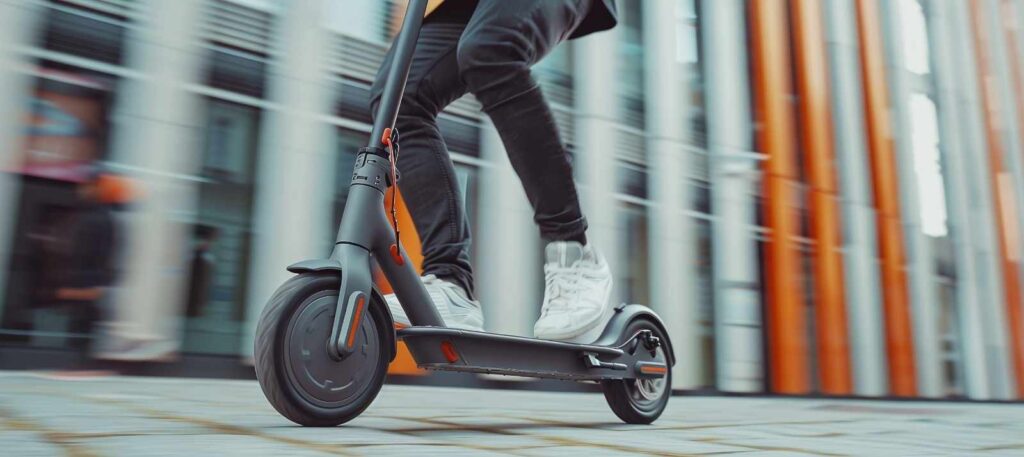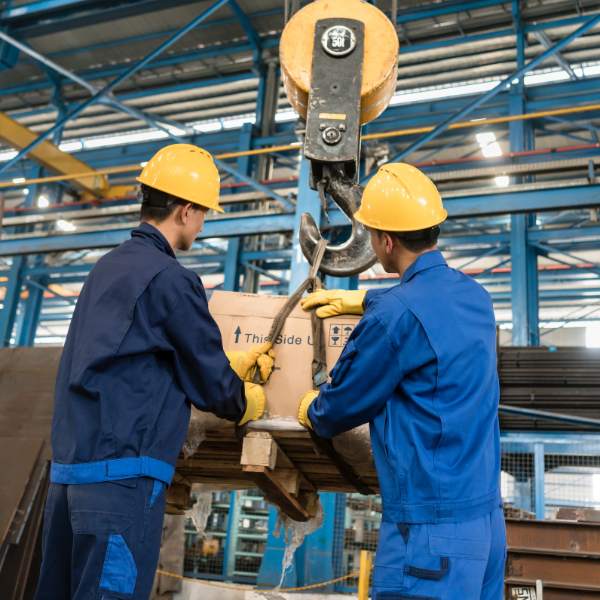The Trojan Horse on Wheels. Why a UK Scooter Recall is a Major Irish Safety Warning
What You Really Need to Know
Lessons from a Critical Electrical Safety Failure
In the world of workplace safety, the most serious threats often arrive in the most unassuming packages. A recent product safety alert from the UK government provides a perfect, and chilling, example: a shipment of “Yidi” electric golf scooters was seized and rejected at the border after being identified as a high-risk product. The reason? An inadequate battery system and a lack of fire-resistant materials, creating a significant risk of fire and electric shock.
While it’s good news that this particular shipment was stopped, this incident is a critical red flag for every business in Ireland. It is a symptom of a much larger and growing problem: the influx of new, often uncertified, and potentially dangerous battery-powered equipment into our workplaces.
This alert is not just about a specific brand of golf scooter. It is a warning about e-scooters, electric pallet trucks, battery-powered tools, and a host of other new technologies. This article will break down why this UK recall is directly relevant to your Irish business and outline the urgent steps you must take to protect your employees from the Trojan horse of unsafe equipment.
Why a UK Recall Matters for Ireland
It is easy to dismiss a UK safety alert as irrelevant, but that is a dangerous mistake. The core principles of product safety, governed by CE marking in the EU and the similar UKCA marking in Great Britain, are designed to prevent exactly these kinds of hazards. The fact that this product was manufactured without meeting these fundamental standards means similar, uncertified products are undoubtedly being sold online and could easily find their way to an Irish workplace.
Dangerous products do not respect borders. This recall is a clear signal of the type of risks that are currently circulating, and Irish businesses must be on high alert.
Authoritative Link: You can read the specific details of the case on the UK Government’s Product Safety Report page.
Beyond Golf: The Real Risk in Your Workplace
The real lesson here is not about golf scooters; it is about the rapid electrification of workplace equipment. The risk identified a faulty Battery Management System (BMS) and poor fire resistance is common in many types of modern, lithium-ion powered devices:
- Employee E-Scooters: Are employees bringing their personal e-scooters into the office to charge? Do you know if they are CE-marked and from a reputable manufacturer? A faulty scooter charging under a desk is a significant fire risk.
- New Warehouse Technology: The shift to electric forklifts, pallet trucks, and order pickers is accelerating. Sourcing this equipment from unverified suppliers to save on costs can introduce huge risks.
- Battery-Powered Tools: The convenience of cordless tools on a construction site is undeniable, but it also brings dozens of separate batteries and chargers onto the site, each a potential ignition source if faulty or damaged.
Your legal ‘duty of care’ under the Safety, Health and Welfare at Work Act 2005 requires you to ensure that ALL equipment used for work is safe not just the equipment you have always used, but the new technology you are introducing today.
Your Defence Plan A Multi-Layered Approach
Relying on luck or assuming a new piece of equipment is safe is not a defence. A professional, documented approach is essential.
1. Make Safety a Procurement Priority
Your purchasing department is your first line of defence. Your procurement policy must move beyond a simple focus on price and functionality.
- Insist on CE Marking: The CE mark is a declaration by the manufacturer that the product meets EU standards for health, safety, and environmental protection. Do not purchase any equipment without it.
- Demand a Declaration of Conformity: For machinery, you should request the official document from the manufacturer that lists the specific EU directives and standards the product complies with.
- Vet Your Suppliers: Purchase from reputable, established suppliers who can provide technical support, safety documentation, and a clear warranty. Be extremely cautious of unfamiliar brands from online marketplaces.
2. Conduct ‘Whole Lifecycle’ Risk Assessments
Your risk assessment process must evolve. It is no longer enough to just assess the risks of using a piece of equipment. You must now also assess the risks of the equipment itself.
- Commissioning: What are the risks during setup and installation?
- Charging & Storage: Where and how will batteries be charged safely to minimise fire risk? Is the area well-ventilated with appropriate fire suppression equipment nearby?
- Maintenance & Repair: How will the equipment be maintained safely over its lifespan?
- Decommissioning: How will batteries be disposed of safely at the end of their life, in line with regulations from the Environmental Protection Agency (EPA)?
3. Train Your Team to be Your Eyes and Ears
Your employees are a vital part of your safety system. They must be trained to be vigilant. This training should cover:
- How to spot signs of a faulty device: Damaged cables, swollen battery packs, overheating during charging.
- Safe charging practices: Never leaving batteries to charge overnight in an unoccupied area.
- The emergency procedure for a lithium-ion battery fire, which can be extremely volatile.
ISO 45001: Your System for Managing New Technology Risks
The challenge with new technology is that the risks are constantly evolving. A static safety policy written five years ago cannot cope. This is where a dynamic safety management system like ISO 45001 is essential.
The ISO 45001 framework requires you to have robust processes for:
- Management of Change: A formal process for assessing the risks before a new piece of equipment or technology is introduced.
- Procurement Controls: Ensuring that safety and compliance are built into your purchasing decisions from the very start.
- Continual Improvement: Learning from incidents like this scooter recall to constantly update and strengthen your own safety procedures.
This system, certified in Ireland by Certification Bodies, like the NSAI, Amtivo and more moves your business from a reactive stance to a proactive culture of safety that is equipped to handle the challenges of modern technology. Speak to AcornStar today to discuss the development of your HSEQ or safety management systems.
Don’t Let a Trojan Horse into Your Workplace
- The Yidi golf scooter recall is a clear warning. In the rush to adopt new, efficient, battery-powered technology, safety cannot be an afterthought. Every new device brought into your workplace carries a potential risk that must be professionally managed.
If this alert has raised questions about your own procurement processes or your readiness to manage the risks of new technology, contact the expert team at Acornstar. We can help you build the robust systems needed to keep your workplace safe and compliant.

The High Cost of Gravity Why HSENI is Targeting Falls in Construction and Farming
The High Cost of Gravity Why HSENI is Targeting Falls in Construction and Farming What You Really Need to Know In the high-risk industries of construction and agriculture, the most persistent and deadly hazard remains the oldest one: gravity. Despite stringent...

Safety First What the New EU Toy Safety Regulation Means for UK and Irish Businesses
Safety First What the New EU Toy Safety Regulation Means for UK and Irish Businesses What You Really Need to Know Introduction On 13 October 2025, the Council of the EU approved its position on a new Toy Safety Regulation that will replace Directive 2009/48/EC. The...

What the ISO 9001 and ISO 14001 Revisions Mean
The Future of HSEQ What the ISO 9001 and ISO 14001 Revisions Mean for UK and Irish Businesses What You Really Need to Know Introduction In the realm of Health, Safety, Environment, and Quality (HSEQ), standing still is never an option. The global standards that...
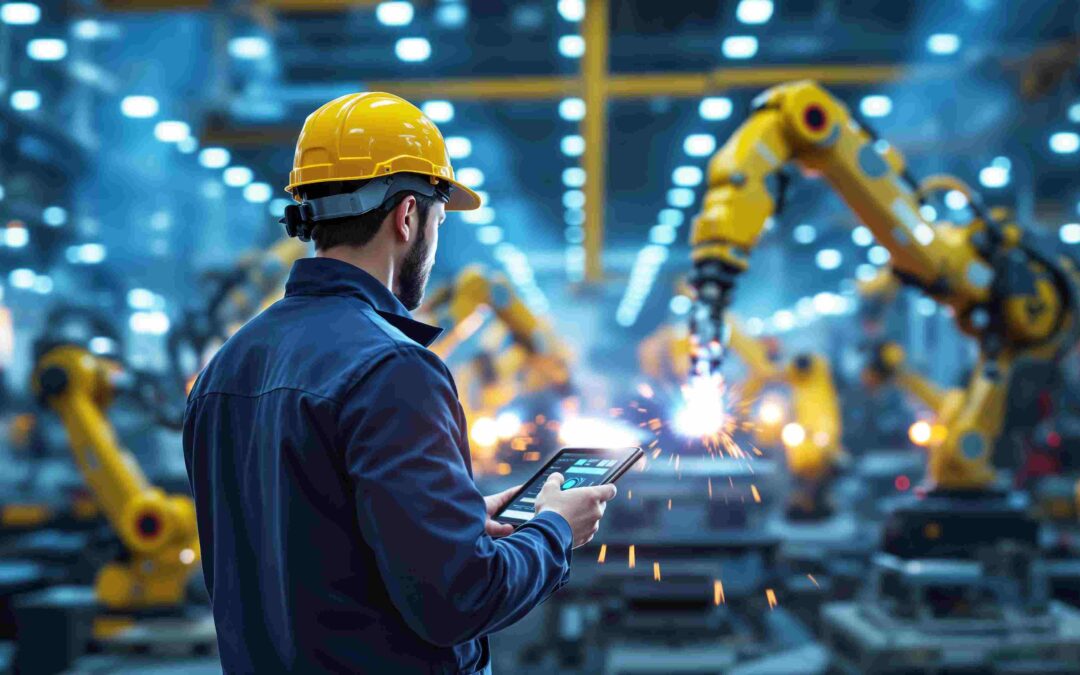
The AI Revolution in HSEQ What the EU’s “AI Factories” Mean for UK and Irish Businesses
The AI Revolution in HSEQ What the EU’s AI Factories Mean for UK and Irish Businesses What You Really Need to Know Introduction Artificial Intelligence (AI) is rapidly moving from a buzzword to an essential operational tool. A recent announcement from the European...
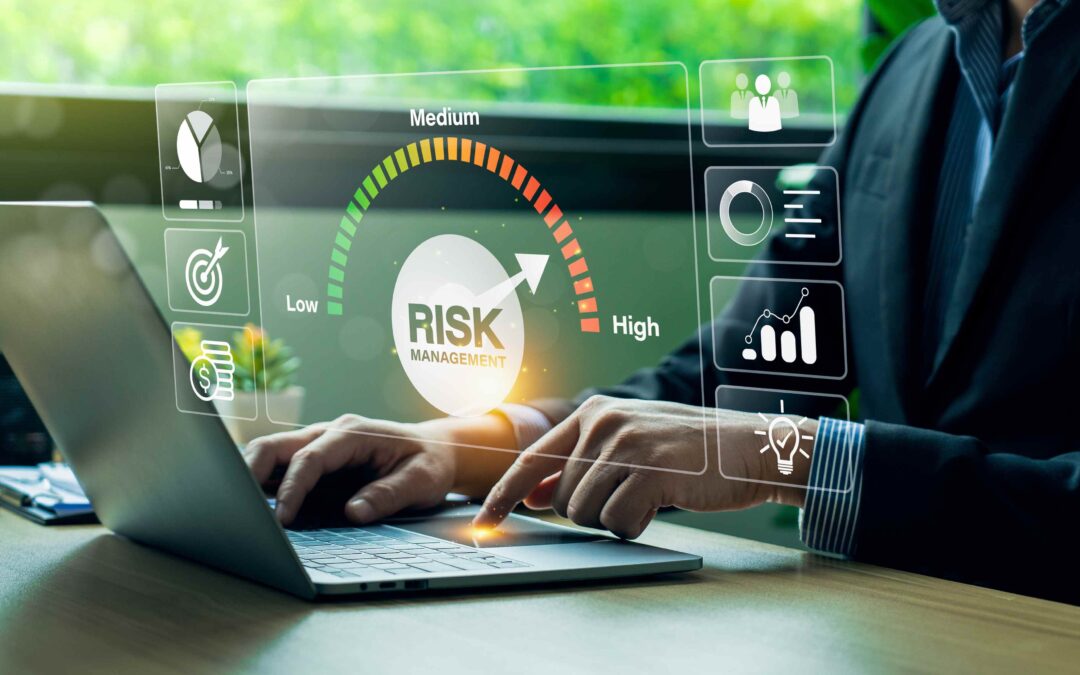
All-Island Alert Safety Authorities Launch Campaign Targeting Deadly Falls
All-Island Alert Safety Authorities Launch Campaign Targeting Deadly Falls What You Really Need to Know Introduction In a major cross-border initiative, the Health and Safety Authority (HSA) in Ireland and the Health and Safety Executive for Northern Ireland (HSENI)...

A Shock to the System Why the Anker Recall is an Urgent Electrical Safety Warning for Every Irish Business
Fire Hazard Anker Power Bank Recall is a Workplace Wake Up Call What You Really Need to Know The Shocking Truth About Power Bank Hazards In the world of tech accessories, few names are as recognised and trusted as Anker. That is why the recent major recall of their...
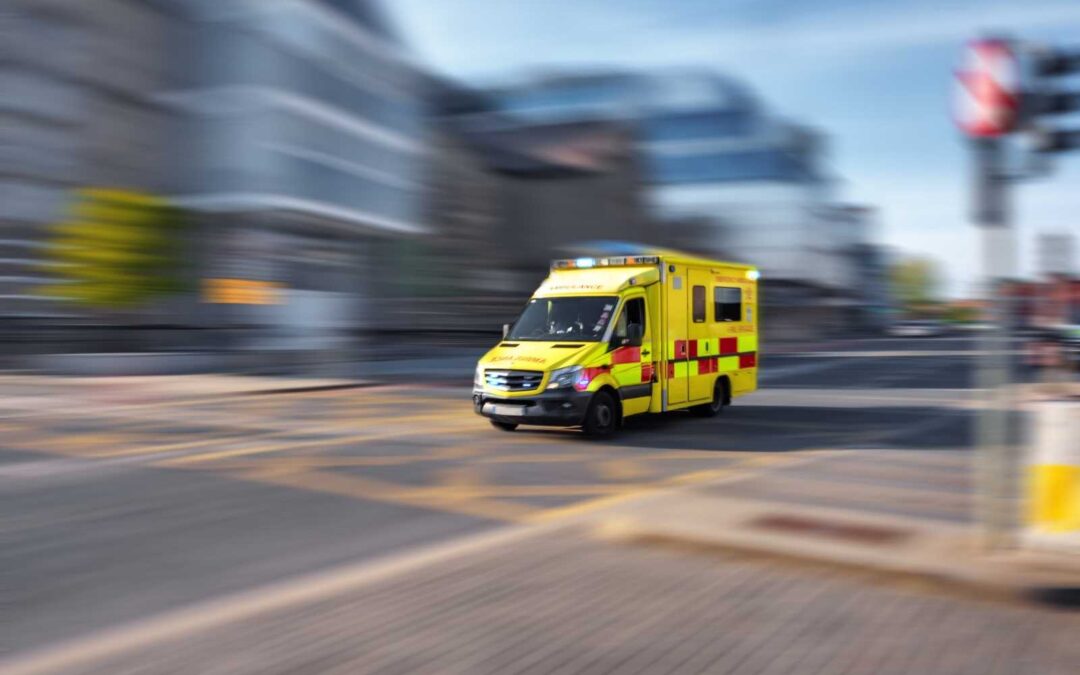
Ireland’s New Emergency Network Is Your Lone Worker Safety Plan Still Fit for Purpose?
National Safety Boost Irish Government Launches New Emergency System What You Really Need to Know Enhancing Emergency Services Response Across Ireland In a major step forward for national safety, the Irish Government has announced the launch of a new, state-of-the-art...

The Human Cost of Tech Is Your Irish Workplace Ready for the EU’s Digital Safety Focus?
What EU-OSHA's Seminar Means for Human Factors in Digital Workplaces. What You Really Need to Know Introduction On October 10th, 2025, Europe’s top safety experts will gather for a crucial online seminar hosted by the European Agency for Safety and Health at...
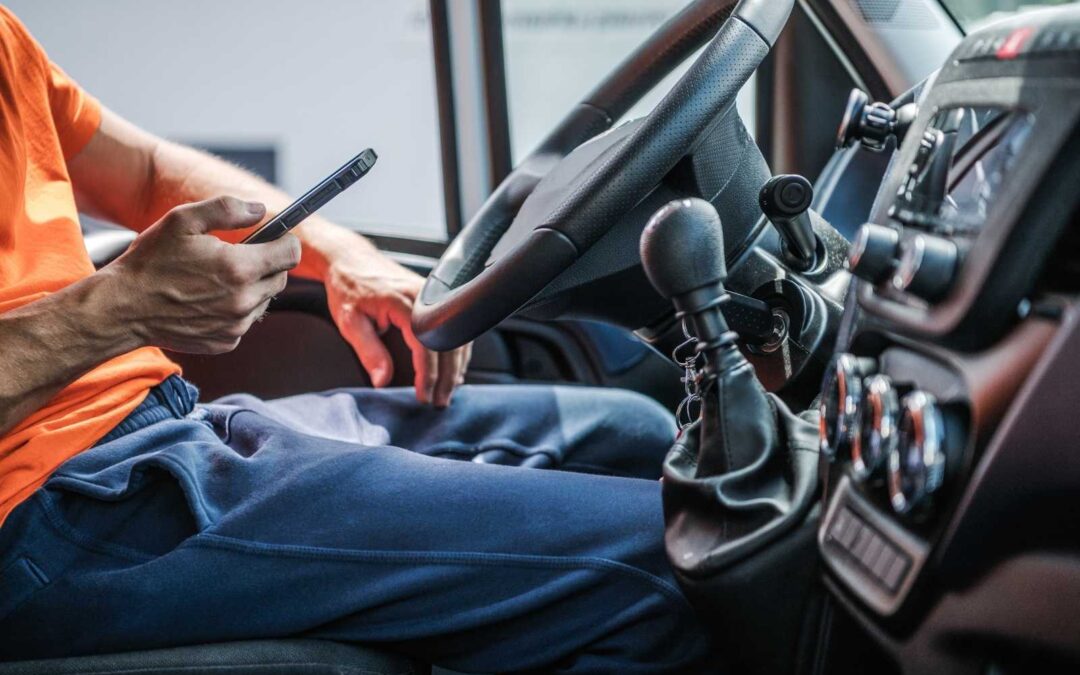
Beyond the Award Are You a ‘Leading Light’ in Driving for Work Safety?
Why the EPA’s 2025 Air Quality Report is a Wake-Up Call for Irish Businesses What You Really Need to Know Introduction Every year, the Road Safety Authority (RSA) shines a spotlight on the individuals, communities, and organisations making a real difference on our...
URGENT New Irish Safety Laws for Manual Handling & Work at Height Effective November 1st
Why the EPA’s 2025 Air Quality Report is a Wake-Up Call for Irish Businesses What You Really Need to Know Introduction In a significant development for workplace safety in Ireland, Minister of State Alan Dillon has signed major new regulations into law, updating the...

